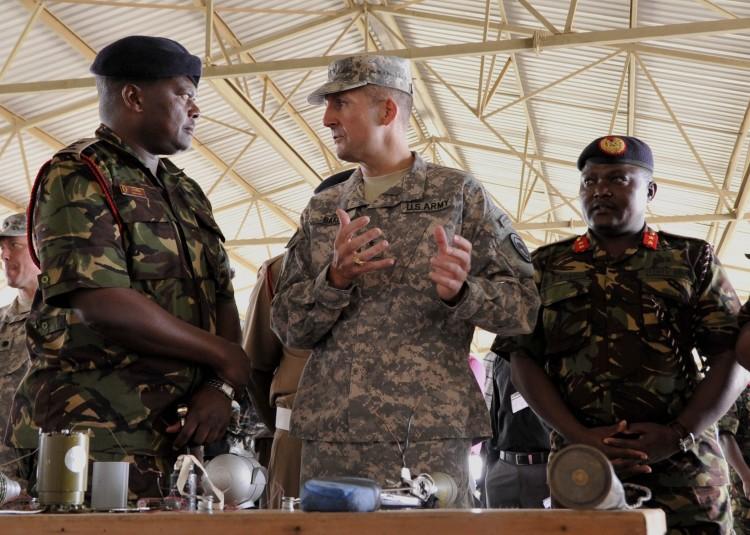Recent terrorist attacks in Africa, coupled with the brewing conflict in Mali, have given U.S. leaders a call to action. In response, the United States has reaffirmed its commitment to uproot terror cells in the region, and is increasing efforts to train and unify African militaries to address the problem locally.
Al-Qaeda in the Islamic Maghreb (AQIM) is the main culprit behind the recent terrorist attack, including the attack in Algeria that left 37 hostages dead. The group is also among the Islamist fighters in Mali and is linked to the Sept. 11 attack on the U.S. Embassy in Benghazi, Libya.
During interviews with CNN and NBC on Feb. 3, Defense Secretary Leon Panetta said that the United States will work with partner nations to contain terrorist organizations in the region, noting that AQIM in particular is still a problem in the Middle East and North Africa.
“We were always aware that there was AQIM [there]. Now we’re focused on AQIM as a result … of the French action, but we were also anticipating that we would have to move into North Africa,” Panetta said, according to the Pentagon’s American Forces Press Service (AFPS).
“Wherever they are, we have to make sure they have no place to hide,” Panetta said. “[The] bottom line is al-Qaeda is our enemy, and we have to make sure we go after them.”
Terrorist groups, meanwhile, have threatened to attack Western countries, including the United States and France.
On Feb. 22, Mohammed al Zawahiri, the younger brother of al-Qaeda emir Ayman al Zawahiri, said “France lit the fire, it started the war and if this continues, the first to burn will be Western people,” during an interview broadcast by Euronews, The Long War Journal reported.
According to Max Abrahms, terrorism researcher and fellow at John Hopkins University, while al-Qaeda and its affiliates have been severely weakened, “When a terrorist says they will attack a country, I think we really need to listen.”







